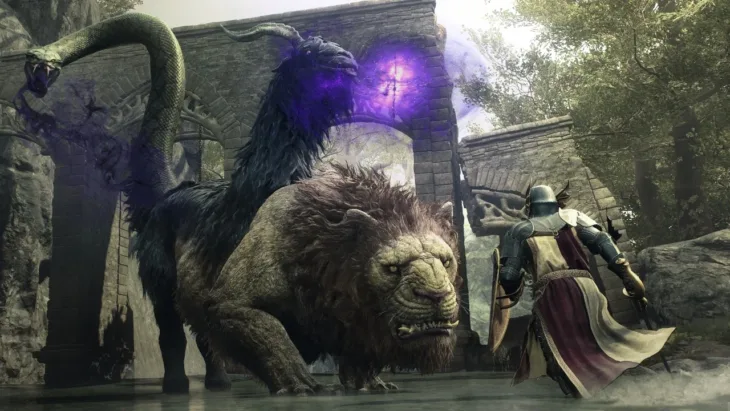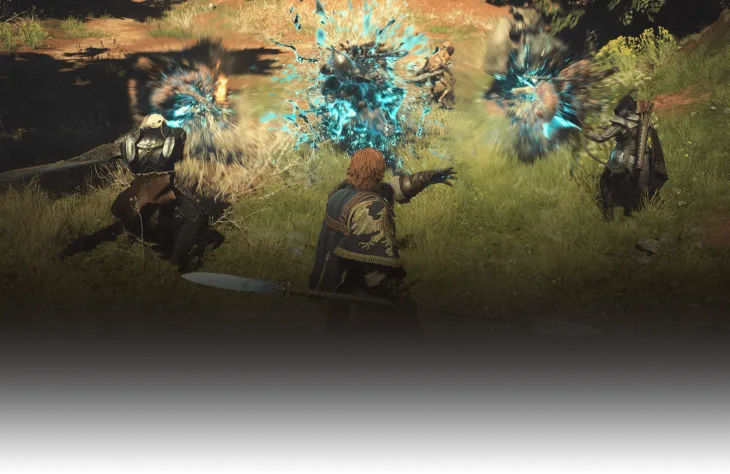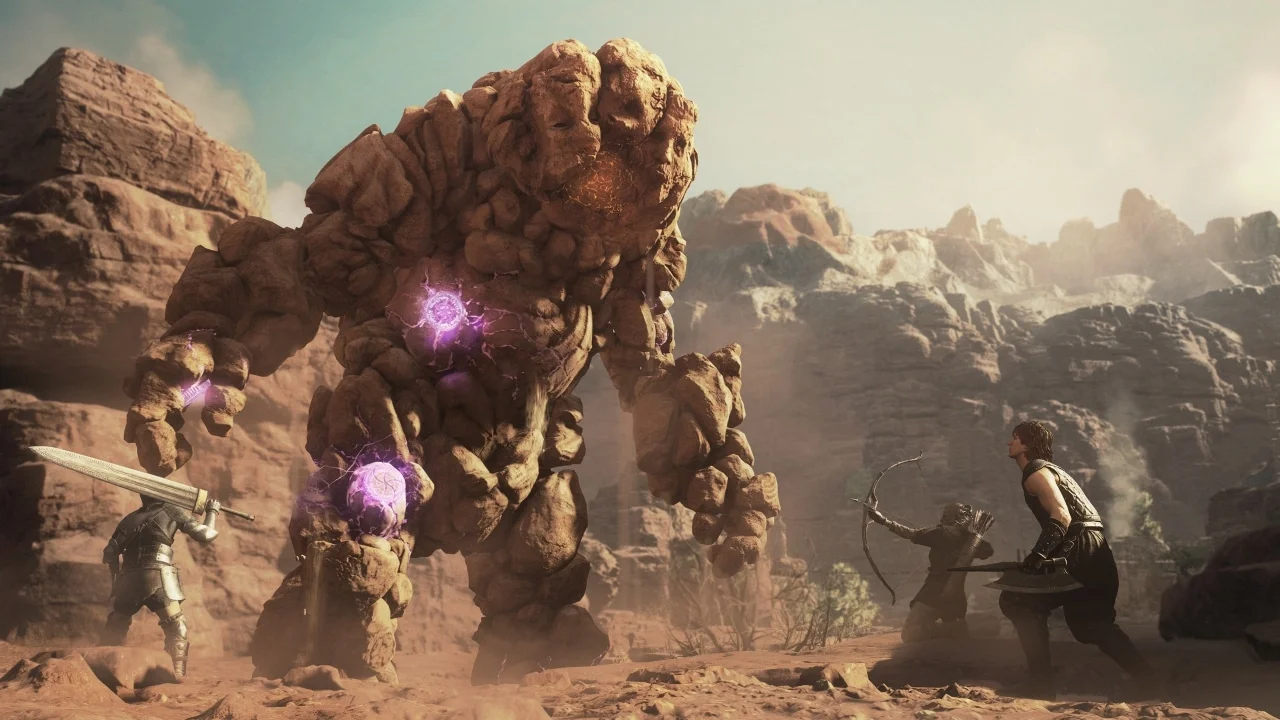Dragon’s Dogma 2 Difficulty
Dragon’s Dogma 2, the eagerly awaited follow-up to Capcom’s acclaimed action RPG gem, is poised to unveil a vast and engrossing realm while also pledging a range of difficulty options to accommodate players across different skill tiers.
Within this piece, we delve into the nuances of Dragon’s Dogma 2’s difficulty configurations, examining their impact on gameplay dynamics, the hurdles they pose, and the incentives they extend to intrepid adventurers willing to brave the realm of heightened challenges.
Dragon’s Dogma 2 Difficulty Options
While Capcom has yet to provide official confirmation on the difficulty range in Dragon’s Dogma 2, we can draw insights from the predecessor, assuming continuity. The original game featured three distinct difficulty settings: Easy, Normal, and the formidable Hard Mode, enabling players to customize their gameplay according to their proficiency and inclination.
Easy Mode ensured a less demanding adventure, presenting players with a smoother progression, while Normal Mode struck a balance between challenge and accessibility. The Hard Mode, on the other hand, catered to seasoned players seeking a rigorous test of skill and strategy.
By offering these diverse difficulty options, Dragon’s Dogma 2 has the potential to cater to a wide range of players, from newcomers looking for a more relaxed experience to veterans craving a formidable challenge.

Bosses and Monsters
Adjusting the difficulty settings in Dragon’s Dogma 1 had a profound impact on the dynamics of boss battles and monster encounters.In Hard Mode, these formidable foes escalate their aggression, demanding players to hone their combat tactics and execute actions with precision to conquer the challenges ahead. The thrill of confronting towering creatures and mighty bosses intensifies, creating an exhilarating experience that tests players’ skills to the fullest.
Conversely, Easy Mode offers a more relaxed gameplay experience, enabling players to leisurely explore the expansive landscapes and immerse themselves in the narrative without the constant pressure of overpowering enemies.
With Capcom’s confirmation through their website and gameplay trailers that familiar monsters and bosses from the first game will make a return alongside exciting new additions like Talos and the Sphinx, players and their companions are poised for an engaging and enjoyable adventure filled with excitement and surprises.

Using Pawns Effectively
The Pawn system, a distinctive feature within the Dragon’s Dogma series, holds significant importance in shaping the game’s dynamics, particularly in addressing the challenges associated with varying difficulty levels.
In Hard Mode, precise coordination and strategic utilization of Pawns become critical, given the narrow margin for error. Harnessing the unique abilities of each Pawn class – be it Fighter, Mage, or Thief – is vital for surmounting the increased dangers posed by formidable adversaries.
Conversely, Easy Mode provides a more lenient setting, enabling players to explore diverse Pawn configurations and strategies without the looming threat of swift repercussions or the need to micromanage every aspect.

Vocations and Difficulty
The selection of Vocations, or character classes, plays a significant role in how the game’s difficulty settings impact the overall gameplay experience.
In Hard Mode, choosing a Vocation becomes a strategic choice, as each class brings a distinct set of abilities and characteristics to the forefront of battle. Whether favoring the raw power of a Warrior, the adaptability of a Magick Archer, or the strategic finesse of a Mystic Spearhand, players must align their Vocation selection with their preferred style of play and adapt to the challenges posed by the heightened difficulty level.
Even in Easy Mode, where the gameplay is more forgiving, players are encouraged to delve into the intricacies of various Vocations, providing a well-rounded progression that caters to both novices and seasoned Arisen. This allows players to focus on selecting a Vocation that resonates with their preferences rather than getting bogged down in exhaustive notes and data concerning optimal progression paths.

